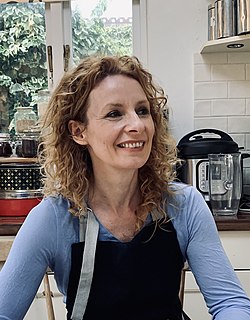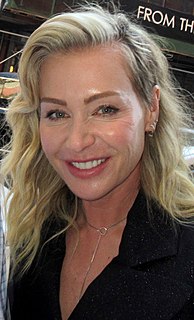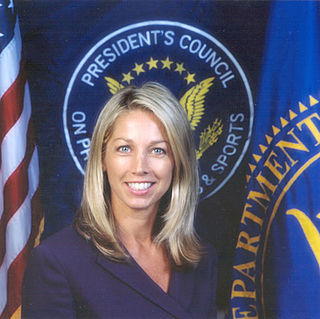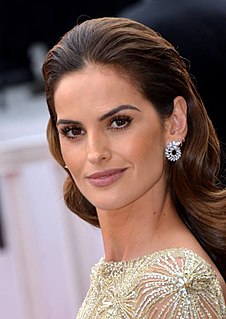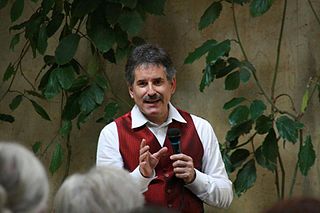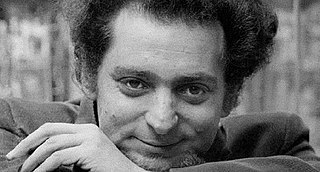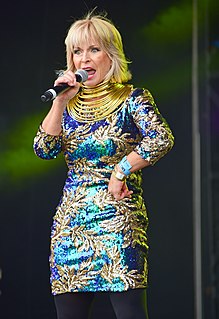A Quote by Bee Wilson
If we are going to change our diets, we first have to relearn the art of eating, which is a question of psychology as much as nutrition. We have to find a way to want to eat what's good for us.
Related Quotes
I finally understood that by being on a perpetual diet, I had practiced a "disordered" form of eating my whole life. I restricted when I was hungry and in need of nutrition and binged when I was so grotesquely full I couldn't be comfortable in any position by lying down. Diets that tell people what to eat or when to eat are the practices inbetween. And dieting, I discovered, was another form of disordered eating, just as anorexia and bulimia similarly disrupt the natural order of eating.
People who go around saying that it is wrong to fly and to eat meat are not so much making appeals to us from within our shared morality, but engaging in something more like "persuasive definition." They want us to look at the world and ourselves in a different way. Someday these prohibitions against flying and eating meat may be written into our moral psychology, but it will only be after there are viable, widely shared alternatives that are beginning to be widely adopted.
I don't believe in strict diets or starving yourself; eat three meals a day. I believe in eating a good breakfast, a good lunch and a light dinner. Eat breakfast like a king, eat lunch like a queen, and eat dinner like a pauper. Your ultimate goal is to eat all the basic food groups in those three different meals.
The question we must ask ourselves as a culture is whether we want to embrace the change that must come, or resist it. Are we so attached to the dietary fallacies with which we were raised, so afraid to counter the arbitrary laws of eating taught to us in childhood by our misinformed parents, that we cannot alter the course they set us on, even if it leads to our own ruin? Does the prospect of standing apart or encounttering ridicule scare us even from saving ourselves?
This is our challenge at the beginning of the twenty-first century - we need to find the courage to see our own spiritual yearnings in the biggest possible context, in such a way that is going to compel us to finally transcend our self-concern. We need to find the heart to come together in such a way that will enable us to face the challenges before us. And to do this, we need a new spirituality. We need a new enlightenment.
What we need to question is bricks, concrete, glass, our table manners, our utensils, our tools, the way we spend our time, our rhythms. To question that which seems to have ceased forever to astonish us. We live, true, we breathe, true; we walk, we go downstairs, we sit at a table in order to eat, we lie down on a bed on order to sleep. How? Where? When? Why? Describe your street. Describe another. Compare.
Prayer is not a way to get what we want to happen, like the remote control that comes with the television set. I think that prayer may be less about asking for the things we are attached to than it is about relinquishing our attachments in some way. It can take us beyond fear, which is an attachment, and beyond hope, which is another form of attachment. It can help us remember the nature of the world and the nature of life, not on an intellectual level but in a deep and experiential way. When we pray, we don't change the world, we change ourselves. We change our consciousness.
This work, though it deals only with eating and drinking, which are regarded in the eyes of our supernaturalistic mock-culture as the lowest acts, is of the greatest philosophic significance and importance... How former philosophers have broken their heads over the question of the bond between body and soul! Now we know, on scientific grounds, what the masses know from long experience, that eating and drinking hold together body and soul, that the searched-for bond is nutrition.
